|
Clint waited in line at the free noon meal at Lebanon County Christian Ministries on Wednesday. The Lebanon man, a medical transport driver, has been to the noon meal periodically in the past but has come back recently because his hours at work have been cut down from 40 per week to about 25 – 30, if he’s lucky - as a result of the COVID-19 crisis. “There’s just not enough work to go around,” he said. Unsurprisingly, demand for food assistance in Lebanon County - and throughout the world – is surging. Lebanon County residents facing food insecurity are turning to food pantries such as Lebanon County Christian Ministries, the Caring Cupboard in Palmyra and J.O.Y. Pantry in Jonestown in greater numbers. “Overall, we are seeing an increase in noon meal guests and individuals seeking emergency food orders,” said Bryan Smith, LCCM’s Executive Director. More: Lebanon County households financially affected by by COVID-19 seeking food assistance at LCCM
What that need will look like in two to three months is anyone’s guess, but LCCM is making projections based off preliminary data collected in the first few weeks of the crisis that the need will continue to rise.
“I think the biggest thing is the unknowns,” Smith said. “While we’ve seen an upward trend in needs, we don’t know if those trends will continue to grow at the same pace or if there will be an exponential growth leading to higher demand.” Here are 5 things you should know about how COVID-19 is affecting LCCM and how you can help. Related If you or someone you know needs food assistance, please be advised of our modified hours. Call 717-272-4400 to schedule an appointment. 1. The growing need
Staff and volunteers began noticing a gradual increase in noon meal attendance numbers in mid-March. Daily attendance rose from it’s normal 130 individuals to 167, then skyrocketing to 212 in just one week.
Emergency food orders for individuals and families also steadily began to rise. LCCM sees an average of about 38 households needing emergency food each week, but recently it’s been averaging between 50 to 60 households each week.
Since mid-March through Friday, April 3, LCCM served 39 households financially affected by the crisis – those households include 116 individuals. Ninety-seven percent of those households experienced job loss as a result of the crisis, while 3 percent saw a reduction in hours at work. Ninety-five percent were working full-time. In the chart below, we’ve included the total number of households and individuals served (normal need as well as households affected by COVID) over the past five weeks. You can see how the need spiked at the beginning of the COVID-19 crisis during Week 3. 2. Volunteers
With only eight full-time staff members and one part-time staff member, LCCM heavily relies on more than 80 in-house volunteers throughout its many programs every week.
“We have absolutely seen a decrease in volunteers because a lot of our volunteers are at-risk individuals, and we respect that and appreciate and encourage them to stay home and do what they need to for their own health and their family’s health,” Smith said. With that loss, LCCM has, however, seen an uptick in other volunteers who are able to step in and fill in the gaps. If you'd like to help, sign up here and we'll send out an eblast as needs arise. 3. Safety measures and modified hours
LCCM is still in operation but has modified its hours and put safety measures in place to protect its staff, volunteers and guests. These changes include:
4. Food supply
LCCM is still able obtain food purchases from vendors though there has been a slow down in product acquisition.
“What we used to be able to call and have delivered in two days now has a three-to-five day lead time,” Smith said during a Facebook live chat with Dede Carmichael of the United Way of Lebanon County and Shila Ulrich, Executive Director of The Caring Cupboard. Smith said LCCM must forecast what its food needs are going to look like three to four days from now for both the noon meal and emergency food orders, which is a moving target. “The reality is that our numbers are changing so aggressively day to day that I’m not sure that we’re projecting exactly what we need and if we try to project greater than that three to five days out – we’re going to be in a world of hurt,” he said during the interview. “We’re banking on our food vendors to be able to keep supplying and sourcing us.” 5. How you can help
Food banks across America are experiencing an increase in need amid the COVID-19 crisis.
Rather than paying retail prices, LCCM works with vendors and retailers to secure food. This means that when you donate a dollar, you’re helping LCCM provide more food for individuals and families than if you donated food that you purchased at the store. You can make a one-time donation,become a member of our Love Your Neighbor monthly giving club, create your own personal fundraising page for your birthday or keep us in mind for planned giving. You can also become part of our large network of volunteers. You can sign uphere for emergency volunteering needs or check back here to see the regular needs when we resume normal activities.
Written by Andrea Gillhoolley, Director of Development and Marketing. Contact Andrea at [email protected] or call 717-272 4400 ext. 211
2 Comments
Abbas Ali
11/29/2023 11:10:40 am
Your post emphasizes the importance of best food .For more details,<a href="https://www.toprevenuegate.com/bkwnrbbjmc?key=45d5a29377abc9ff170c953bc54c6404" target="_blank">Click here</a>.
Reply
Saima
12/3/2023 04:27:29 am
Your post emphasizes the importance of Food.For more details,<a href="https://www.toprevenuegate.com/xtqh27gia2?key=f663886df6941383c272e2860fa88865" target="_blank">Click here</a>.
Reply
Leave a Reply. |
Lebanon County Christian MinistriesArchives
July 2024
Categories |
Call Us:
Email Us:

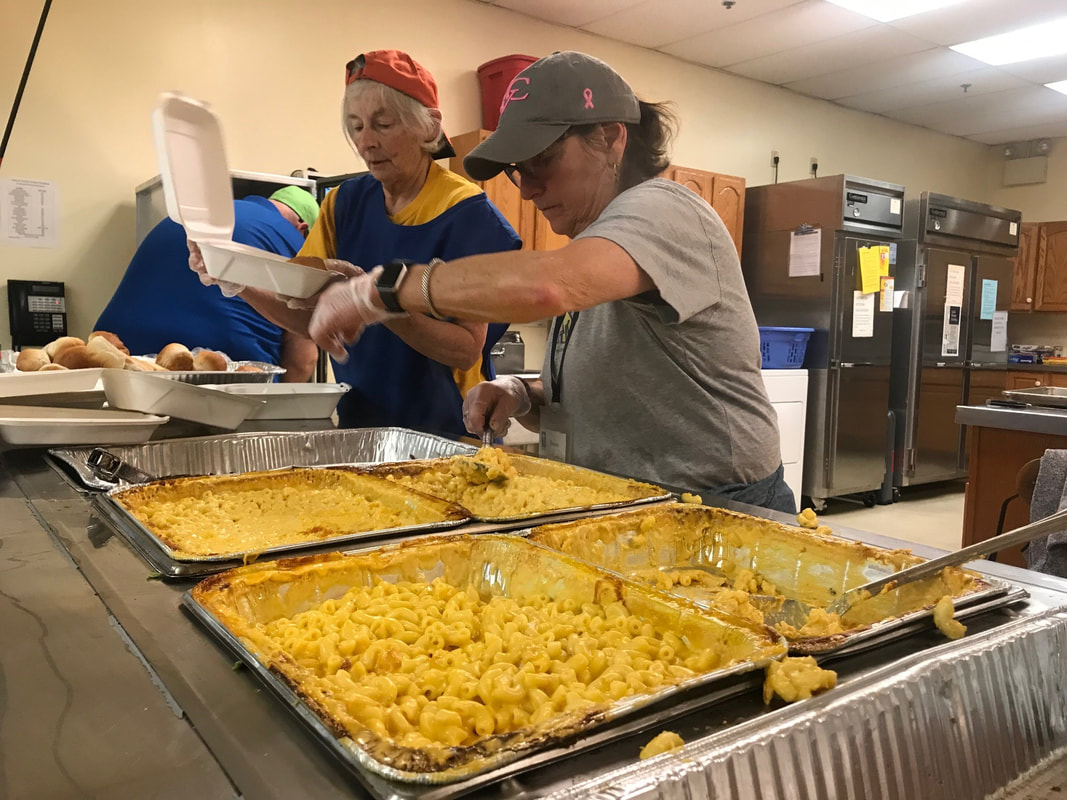
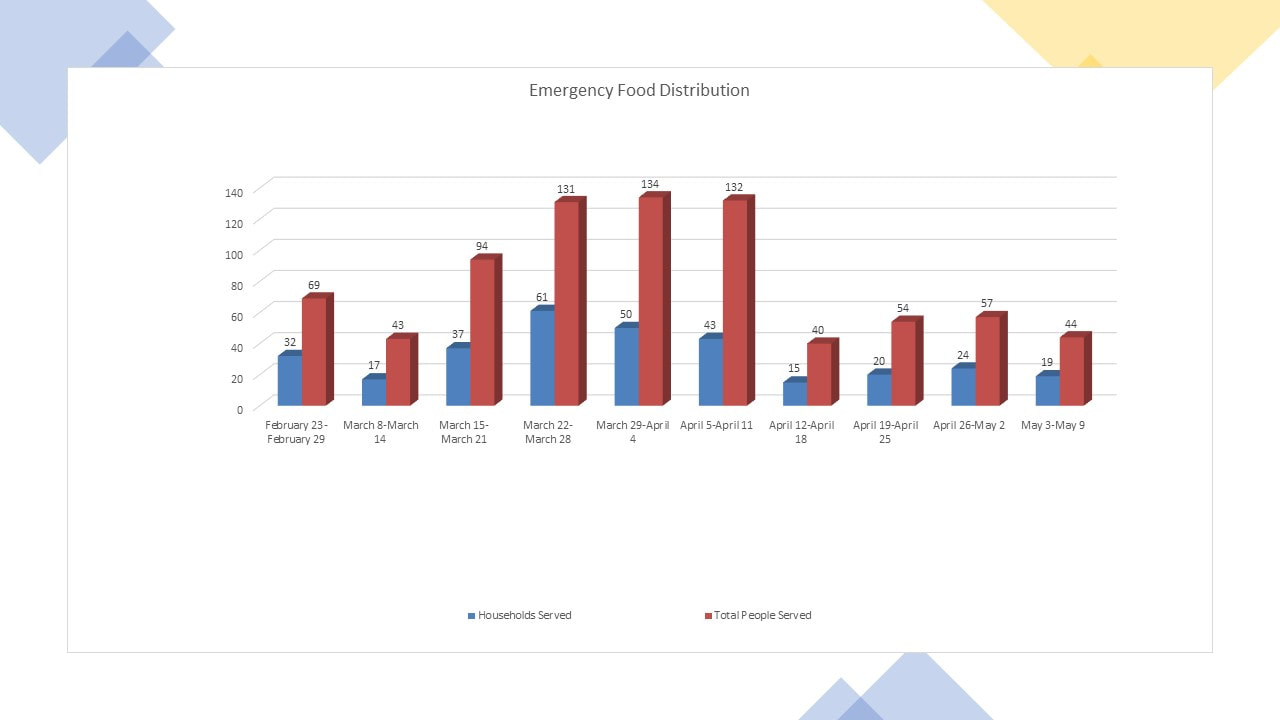
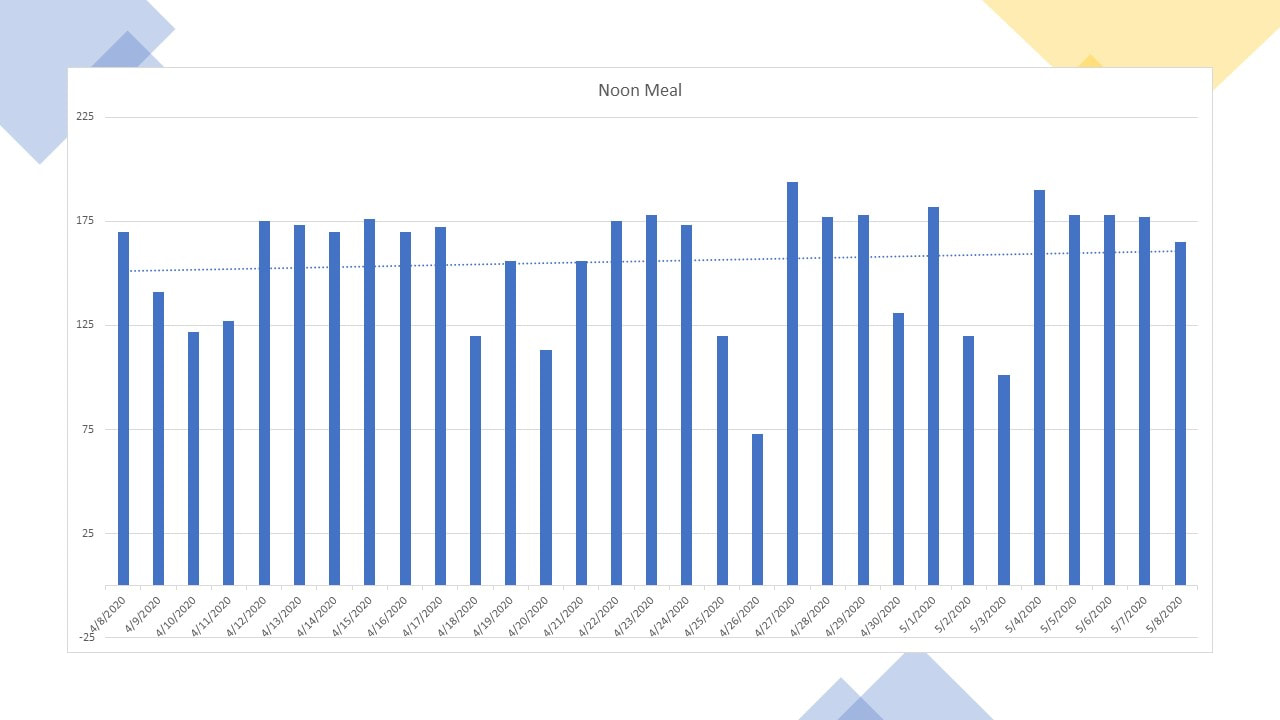
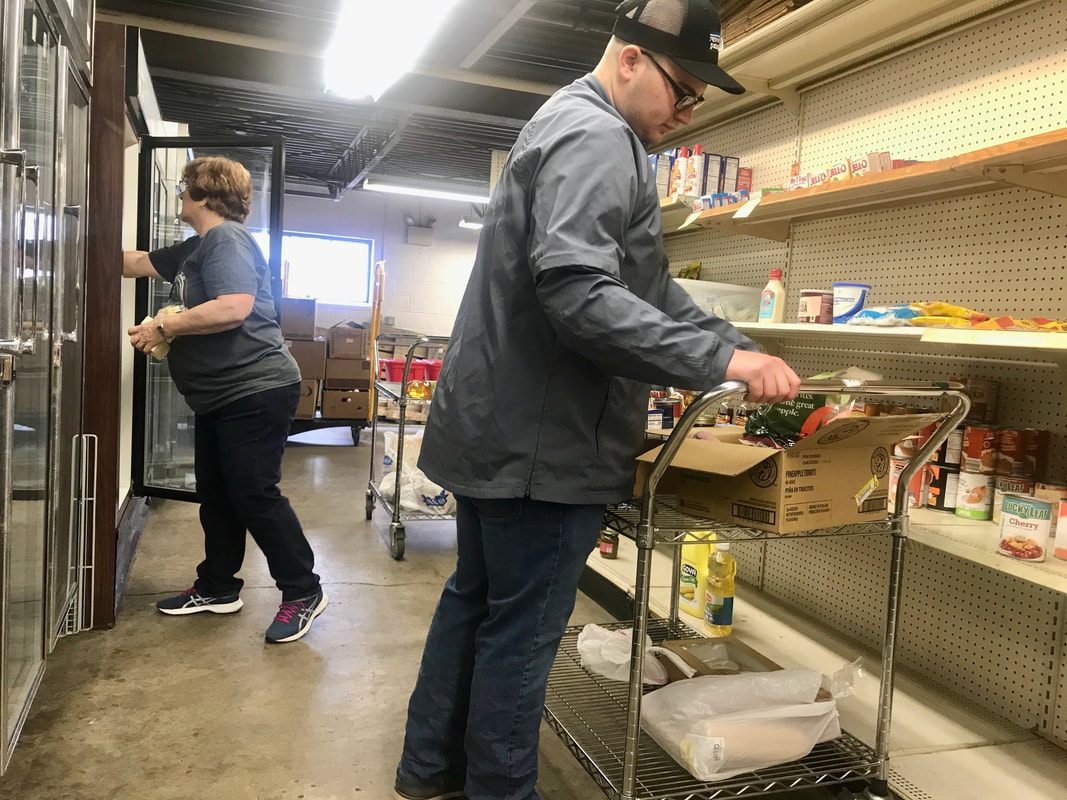
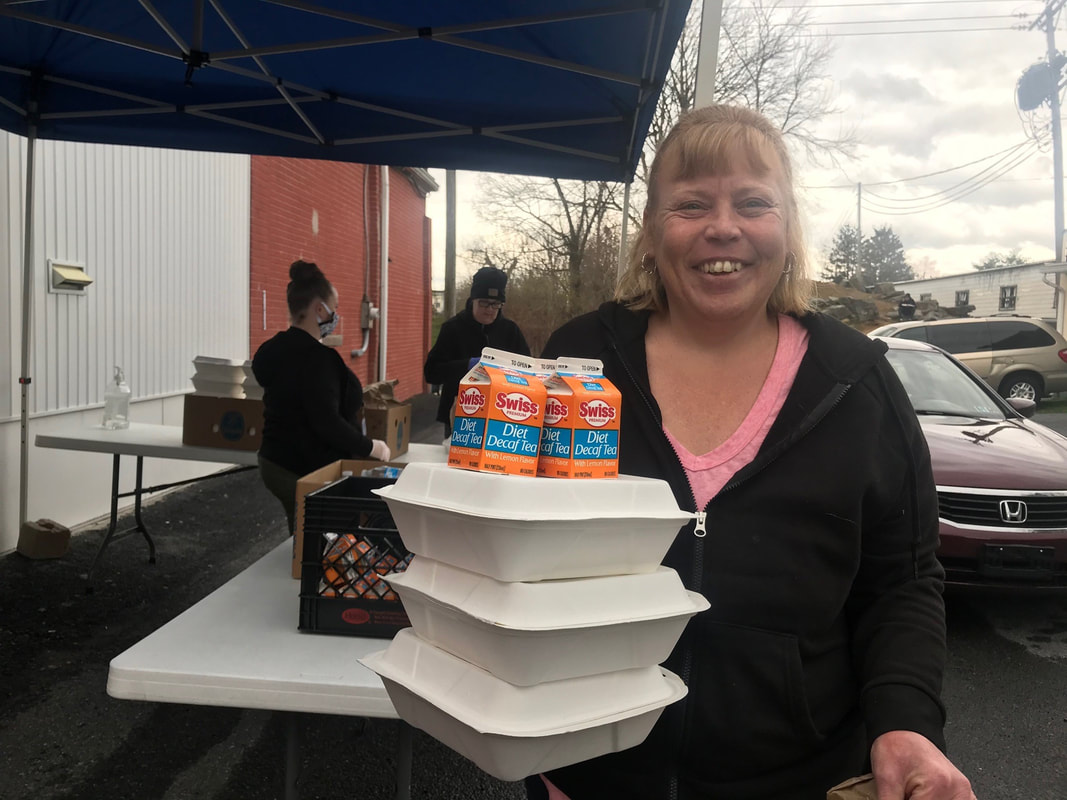
 RSS Feed
RSS Feed